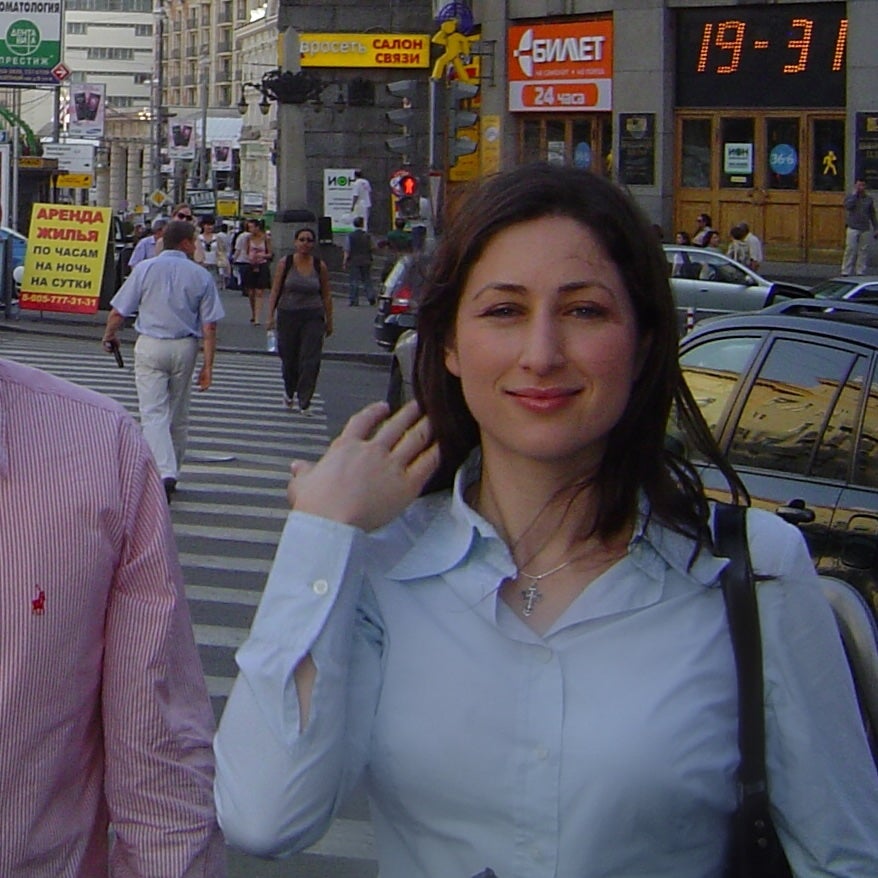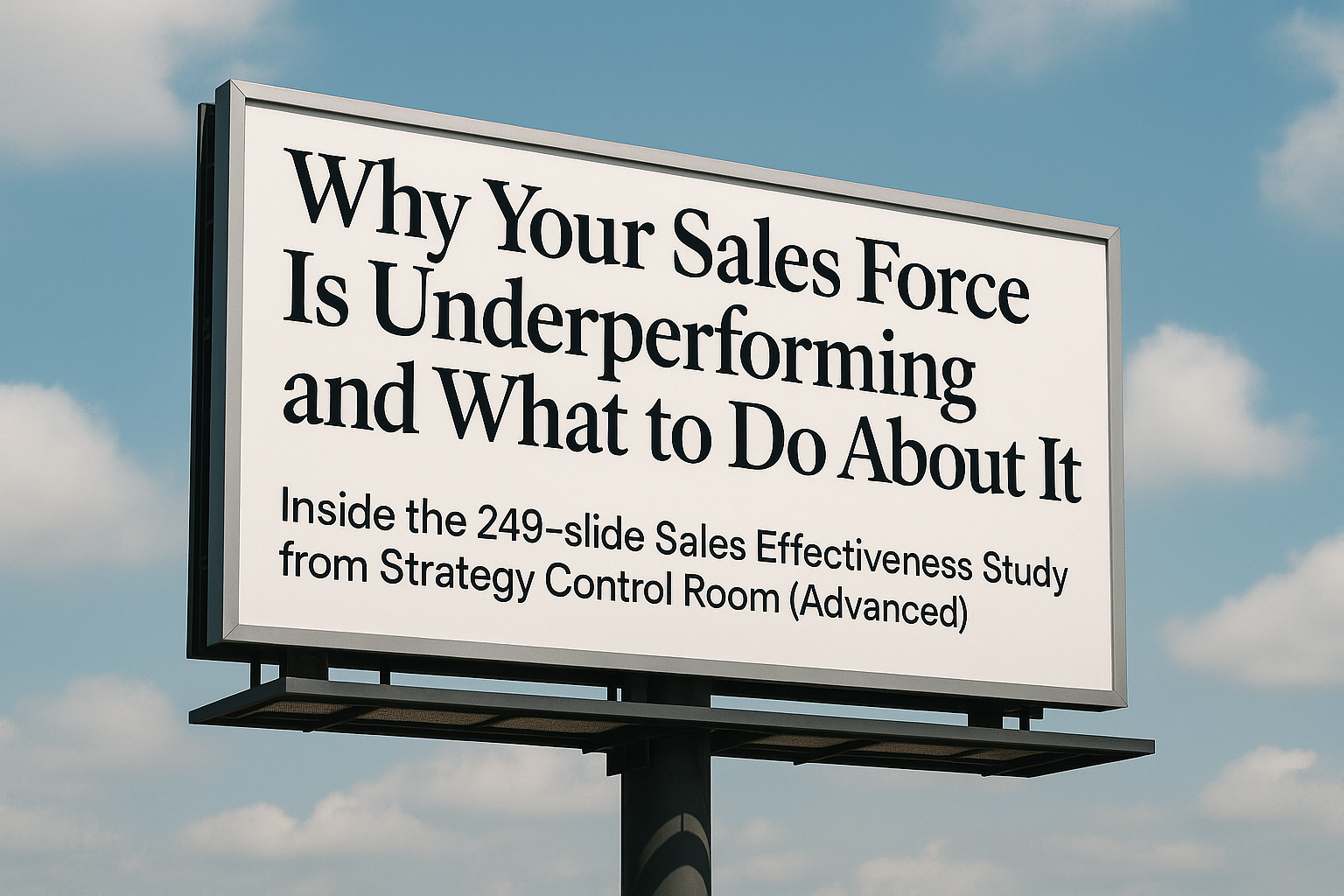My first consulting engagement. Traveling internationally with the head of practice and another consultant, presenting to CEOs. Summer of 2007.
I Know What It Means To Start Again...
With Nothing But Your Will.
This is my fifth restart.
Not metaphorical. Not optional.
Real-life ground zero. Again.
I started over 4 times before.
Across 3 continents.
Across what it feels like multiple lifetimes.
Each time, walking away from everything I knew and starting again from the ground zero.
People think starting over is brave.
It probably is.
But for me, starting over was the only choice.
Staying, that would be much harder.
I first learned to survive in Russia.
Not later. There.
By 4-5 years old, I already knew what it meant to carry someone you love, literally.
My grandmother carried my drunk grandfather on her back, and I walked beside her through the gloomy streets of Samara, making sure his feet didn’t get caught, and carrying her purse.
My grandmother didn’t allow me to help her lift him, but you wouldn’t accuse me of a lack of trying the entire time we walked home.
We lived in one half of a tiny house.
There was no shower. No hot water.
Just a hole in the backyard that was used as a toilet, with pieces of old free newspapers used as toilet paper.
Imagine going there when it is minus 40, windy, and dark outside.
And still, I was a happy child when I was with her.
Because my grandmother, Galina, loved me.
Unconditionally.
That’s what kids actually need.
They can go to bed hungry,
but they can’t go to bed deprived of love without significant consequences.
I went to bed deprived of love when I wasn't with her.
And if it wasn’t for her, I don’t know who I would be today.
She taught me that you don’t need much to be rich in spirit.
And that no matter how little we had, we had each other.
Life wasn't easy. I stood in long lines for hours to get one stick of margarine, and hoped they wouldn’t run out before my turn. But she was the light of my life.
After she died, I learned a different kind of survival.
The kind where you hide who you are to stay safe.
I changed my name.
I learned to be really quiet.
I literally could say nothing for hours.
I played the piano, taught piano, composed music, and sang at weddings and nightclubs, but never had enough for a taxi home.
Some nights, I didn’t know if I’d make it home at all.
Samara is not a safe place, especially once the sun is down.
But my job required me to return home when it is dark.
I crossed the street to avoid people, especially after I was attacked with a knife on the street, in daylight.
Still, I didn’t give up.
I started over again in a place where I didn’t speak the language.
I had no experience, no business skills, $1,000 of my life savings, and no recognized degree (my music institution wasn’t listed in the Western database).
I made money using all the skills I had:
teaching piano and Russian, doing translations, and working as a voice coach.
I learned to code and coded my first website. I then optimized it for search engines and students started finding me and booking lessons.
In parallel, I spent hours each day applying for every job I could find. After 8 months of applying daily, I finally received an offer: $500/month.
I had been rejected at first for being overqualified.
But the woman who accepted the job died tragically, and they offered the role to me.
I worked like it was my company.
I was the first person in and the last one out. Not just in the office of my company but in the entire office building. It was just me and security.
I cut manufacturing costs by 25% by renegotiating all contracts.
I created marketing catalogs.
I walked to the post office and carried heavy mail because I didn’t have a car.
Some days, I was absolutely starving because I just didn't make enough money to buy sufficient food.
When I wasn’t working, I was studying.
I translated every sentence, word by word, with a pencil in hand.
On top of it, I was still teaching. Still translating.
Free time was something I understood… just not something I ever got to experience.
I didn’t have fun. I didn’t rest.
I just did what it took.
And it took a lot to work towards reaching the level of contribution, impact, and success I was aiming for.
Eventually, that hard work paid off.
I joined a large consulting firm.
And I earned accelerated promotions.
Because I made myself indispensable.
I solved complex problems. Took full ownership. Delivered.
After that, I pursued my MBA in Canada.
I used all the money I saved during consulting days to pay for it.
At one point, all I had left in my bank account was $76.
Here I was turning 30 and still not having money to buy food.
Why? Because I started over in a new country.
Again.
And this is what it took.
I graduated with distinction in every subject.
I refused to be average.
I gave it everything I had.
That opened more doors.
I entered banking and managed a portfolio worth over $1 billion. I was part of a corporate finance division and got promoted to Director within 6 months of joining.
And I never forgot what it felt like to count coins to buy bread.
Then I partnered with someone I deeply respect, and we built a company of our own.
Not with funding. Not with privilege.
With belief. With long hours. With everything we had.
I am very proud of what we accomplished within FIRMSconsulting over the last >15 years.
And I’ve given it everything.
Even when it took too much out of me.
And I will continue to do so.
I’m starting over again this year.
As you may know, in January, I got caught up in a natural disaster.
That day, I left my home and didn’t return.
Since then, I’ve been living out of a suitcase.
This 5th restart has been the hardest of all.
Because this time, I didn’t choose it.
A natural disaster is not something you prepare for.
You just survive it and try to keep going.
But payroll doesn’t pause because you don't have a home to go to.
You still have to deliver for your clients.
You have to make sure neither your clients nor your business falls behind, given how the world is moving forward at a record speed.
Technology advancements will not pause while you try to rebuild your life.
So I kept moving.
And I’m still rebuilding, piece by piece.
So yes, I’ve started over five times now. I am in the process of rebuilding for the 5th time as we speak.
And here’s what I’ve learned:
Starting over is not the point.
The point is, if you can, build in the right place the first time.
Don’t waste your energy rebuilding over and over.
Most people can’t break out of their orbit even once, in the city where they were born.
Doing it more than once takes a toll on your health.
Doing it in another city is hard. Doing it in another country is brutal.
It drains your time, your energy. It impacts your health.
And it forces you to sacrifice things no one else sees.
And once you build something,
do everything to keep it.
That means choosing what you protect.
It means staying when staying is harder than running.
It means building slowly and not leaving the moment it gets hard.
It means not damaging your reputation, not becoming distracted when you get some success and think you have a luxury now to "be normal" and "live your life."
Because if you run every time it hurts…
If you try to "be normal" when "normal" does not correspond with the results you want, you will fall behind. You will start losing what you have built.
You will get older.
You lose your edge.
People will stop seeing you as the superstar you once were.
And you accumulate regrets.
If you’re in a place of starting again,
I know how hard it is.
But I also know how beautiful life becomes
when you choose to stay.
When you choose to build a worthwhile life.
When you decide not to dial back when it seems like you could coast for a while.
Don't lose momentum. It is very hard to regain it, and many people never regain it once they lose it.











